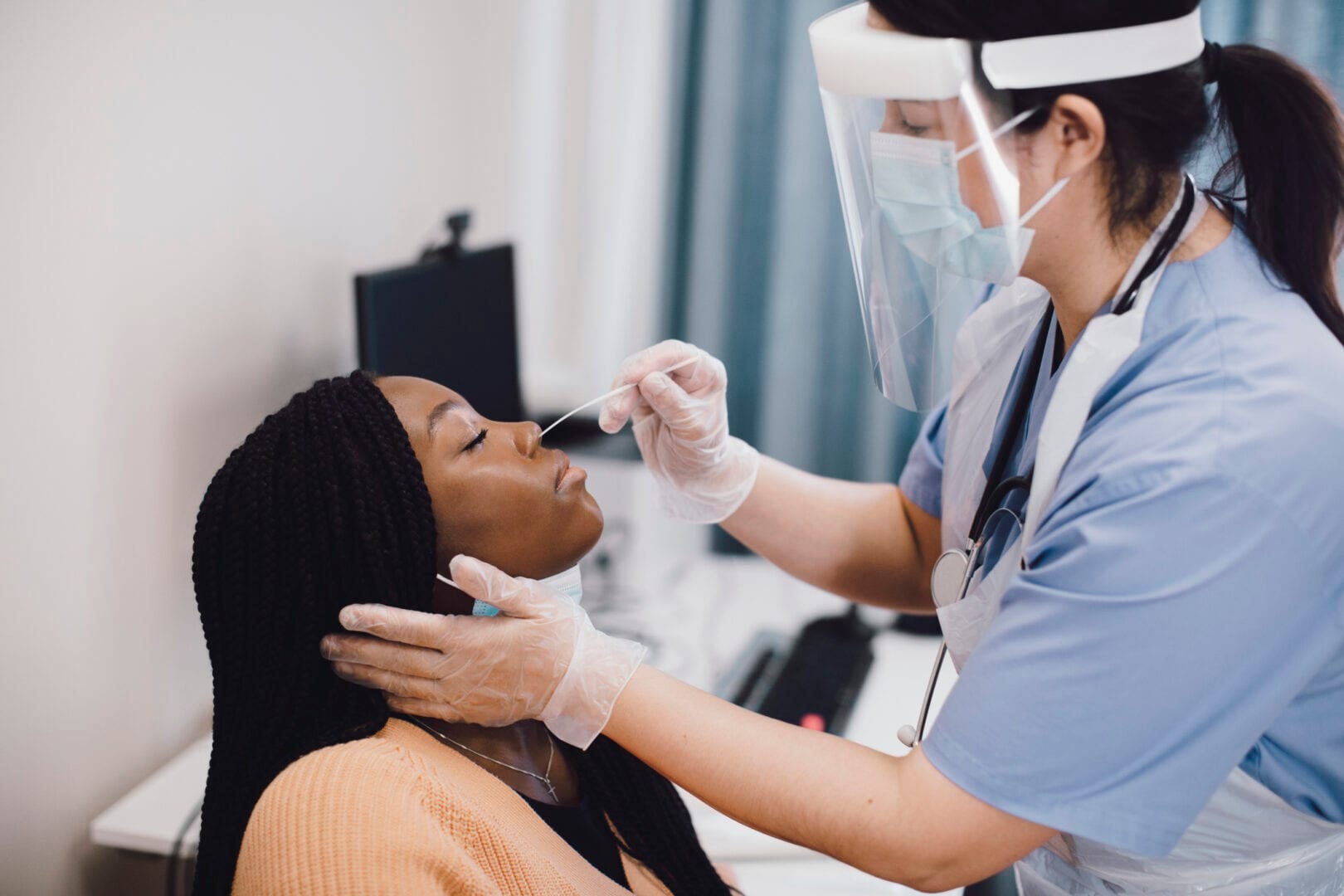Experts are keeping a close eye on a brand new and possibly more contagious COVID variant that’s spreading quickly across the globe. The omicron variant was classified as a variant of concern by the World Health Organization (WHO) on November 26. Just days later, on Wednesday, December 1, the first U.S. case of the omicron variant was identified in California.
The sudden emergence of a new COVID variant amidst the ongoing battle against the delta variant and the usual fall and winter cold and flu season has many wondering what to expect in the weeks and months ahead, atop the 2021 holiday season. Here’s what we know about omicron so far, as well as what experts are recommending to keep yourself and your loved ones safe.
Where is the omicron variant?
The omicron variant was originally detected in South Africa in late November, though evidence now suggests it may have been active in some European countries earlier in the month. In the days since its discovery, cases of the omicron variant have been identified in more than 20 countries, including Japan, South Africa, Botswana, Italy and the U.K. According to CNN, the first U.S. case, which was confirmed in San Francisco, was identified in a fully vaccinated person who had recently traveled from South Africa but had not yet received a booster shot.
What’s different about the omicron variant?
Infectious disease experts are still working to determine if omicron poses an increased risk of infection or severe illness compared to other COVID variants. Even though research is still in early stages, it’s clear that major health organizations are taking this variant seriously. No other COVID variant has been classified as a variant of concern so quickly after its discovery.
So, what’s the big deal? According to the WHO, omicron is classified as a variant of concern for two main reasons:
- It has several genetic markers that could increase transmissibility, disease severity and resistance to immunity.
- It has caused significant transmission and COVID clusters in multiple countries.
The Associated Press (AP) reports South Africa’s new cases of COVID-19 “nearly doubled in just one day” this week, rising from 4,373 cases on Tuesday, November 30, to 8,561 cases on Wednesday, December 1.
Omicron has not been confirmed as the sole cause of the increase; however, AP reports that the presence of the new variant coinciding with such a rapid rise in infections has experts concerned about the possibility of a new wave of infections.
Do COVID vaccines work against omicron?
President Biden has reiterated that vaccines and booster shots are likely the most effective protection method against all forms of COVID-19. Additionally, the Centers for Disease Control and Prevention (CDC) is urging all those eligible to get fully vaccinated, including getting a booster shot if you are over age 18.
“It will be a few weeks before we know everything we need to know about how strongly the existing vaccines protect against the new variant,” President Biden said in a statement shared on his official Twitter account. “But Dr. Fauci and our medical team believe that our vaccines will continue to provide a degree of protection against severe disease.”
The New York Times reports that it could take up to two weeks for researchers to determine how well vaccines work against omicron. In the meantime, both Pfizer-BioNTech and Moderna are already preparing to modify their existing COVID vaccines if needed. Updated vaccines could potentially be ready in just six weeks if it’s determined that changes are necessary.
How can I stay safe from omicron?
Dr. Rebekah Sensenig, an internal medicine doctor and infectious disease expert who practices at Riverside Health System in Newport News, Virginia, says prevention is key as we continue to learn about the new variant.
“The delta variant remains dominant, making up for 99.9% of cases in the U.S., but experts anticipate Omicron will spread here, too,” Sensenig says. “We don’t know what risks the variant brings yet and won’t until more research is concluded.”
Sensenig recommends staying home and getting tested if you start showing any COVID-19 symptoms, including:
- Fever or chills.
- Cough.
- Shortness of breath or difficulty breathing.
- Fatigue.
- Muscle or body aches.
- Headache.
- New loss of taste or smell.
- Sore throat.
- Congestion or runny nose.
- Nausea or vomiting.
- Diarrhea.
Until more answers are available, Sensenig also recommends closely following CDC-recommended safety measures like:
- Washing your hands frequently.
- Wearing a mask in public spaces.
- Social distancing.
- Getting fully vaccinated, and then getting a six-month booster shot if over 18.
“These tools give us an opportunity to get ahead of omicron, minimize the risk of infection and reduce the impact on our communities if and when it arrives,” Sensenig says.






